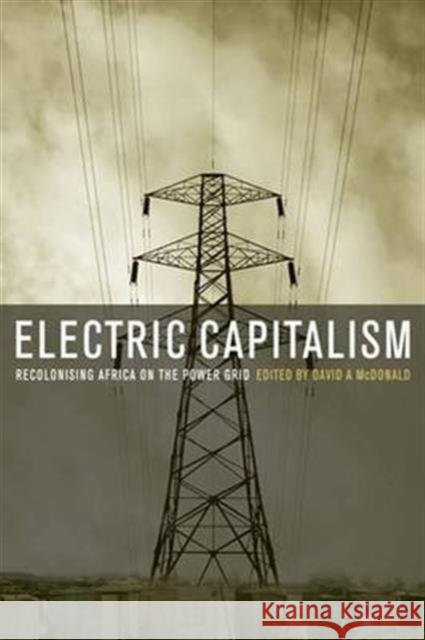Electric Capitalism: Recolonising Africa on the Power Grid » książka
topmenu
Electric Capitalism: Recolonising Africa on the Power Grid
ISBN-13: 9781138993426 / Angielski / Miękka / 2015 / 528 str.
Electric Capitalism: Recolonising Africa on the Power Grid
ISBN-13: 9781138993426 / Angielski / Miękka / 2015 / 528 str.
cena 249,73
(netto: 237,84 VAT: 5%)
Najniższa cena z 30 dni: 226,63
(netto: 237,84 VAT: 5%)
Najniższa cena z 30 dni: 226,63
Termin realizacji zamówienia:
ok. 16-18 dni roboczych.
ok. 16-18 dni roboczych.
Darmowa dostawa!
Kategorie:
Kategorie BISAC:
Wydawca:
Taylor and Francis
Język:
Angielski
ISBN-13:
9781138993426
Rok wydania:
2015
Ilość stron:
528
Oprawa:
Miękka
Wolumenów:
01











